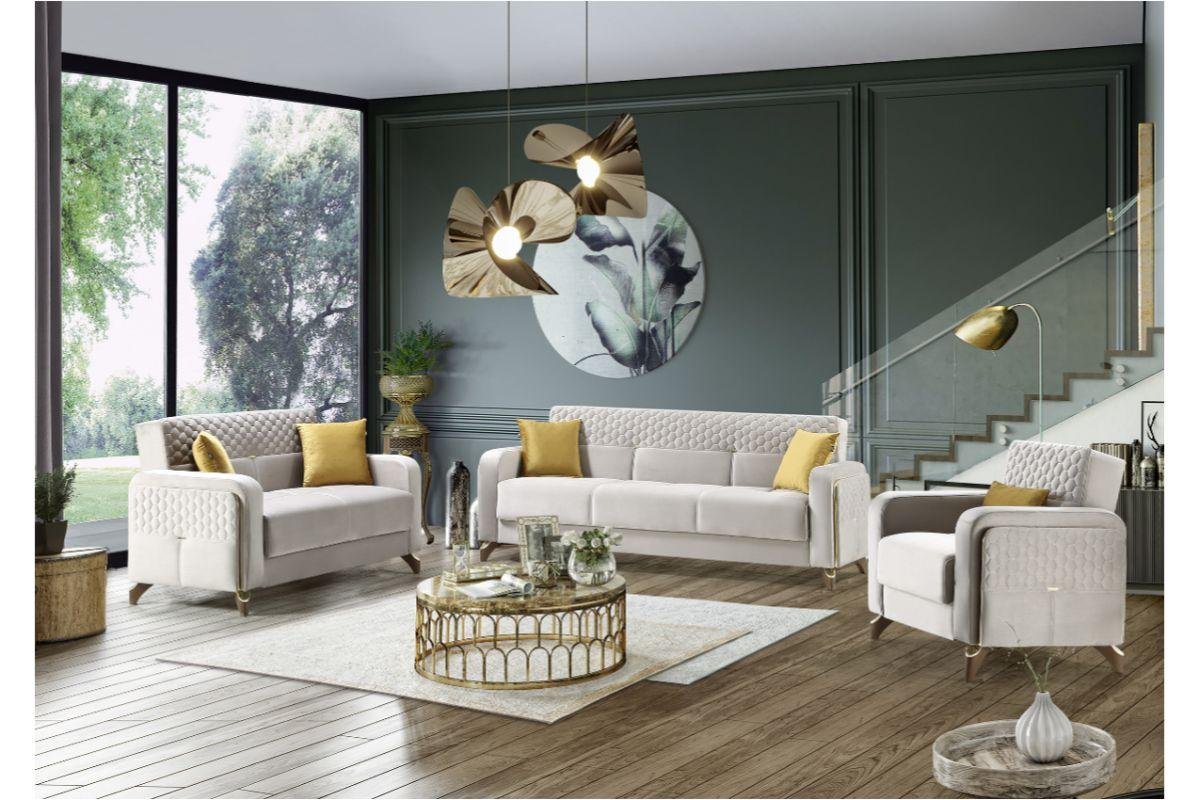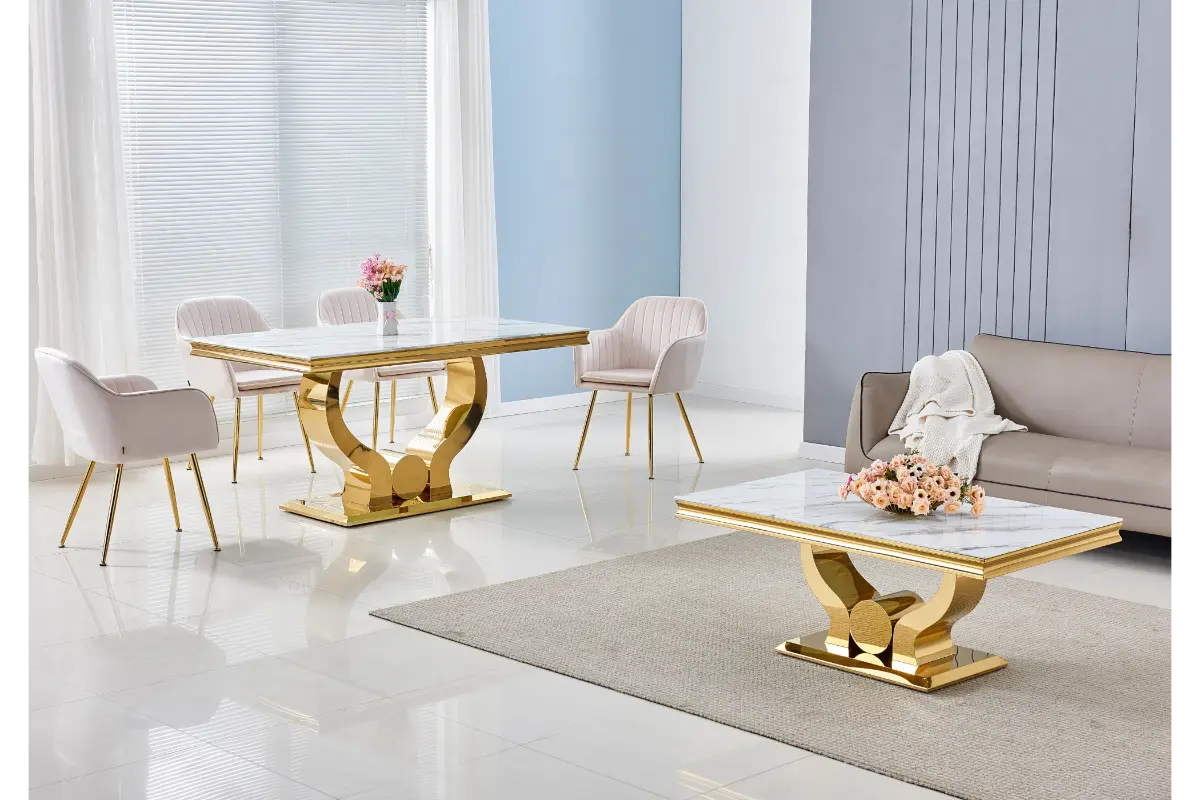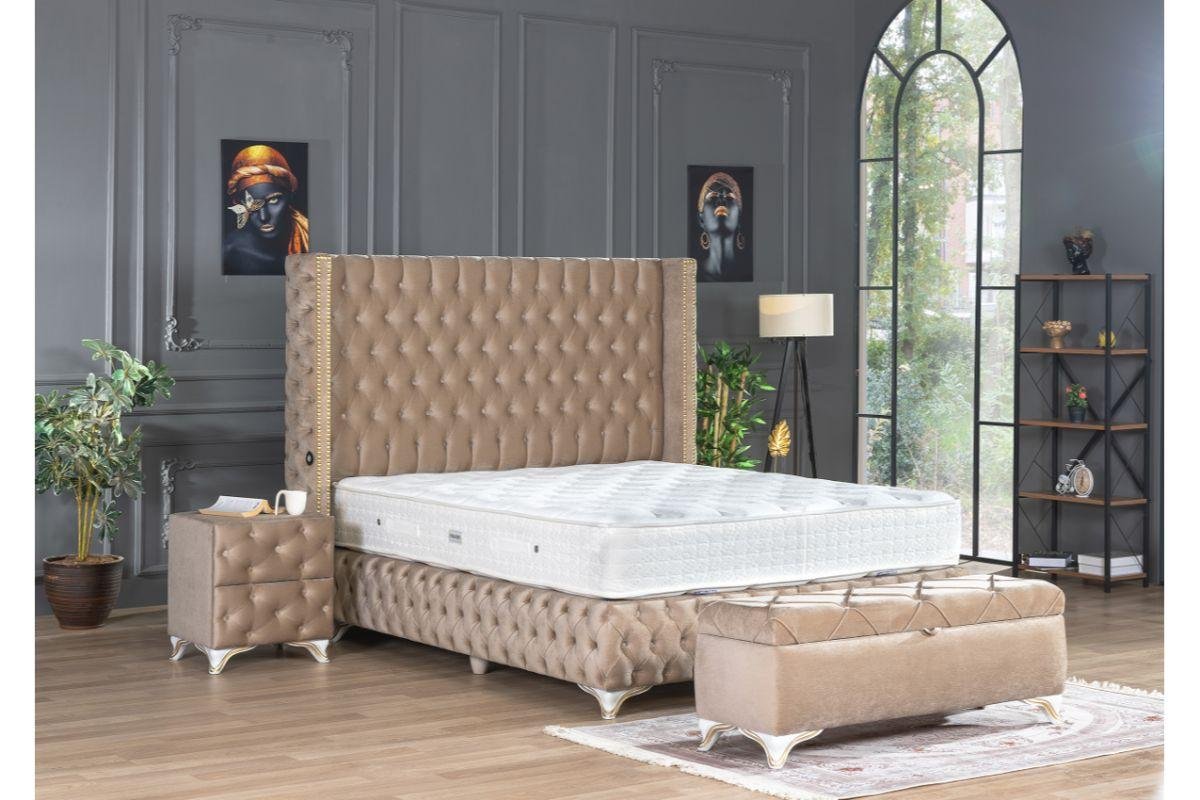Introduction
The dining room, often hailed as the heart of the home, serves a pivotal role in daily life. It’s not merely a space for meals but a canvas for shared moments, laughter, and connection. As we embark on the journey to redesign this central hub, the aim is not just aesthetics but the creation of a space that resonates with warmth and functionality.
Setting the Stage
Redesigning your dining room is akin to setting the stage for a daily performance—a performance where family and friends gather, conversations flow, and memories are crafted. The ambiance of this space sets the tone for the entire home, making it a venture worth investing time and creativity.
Significance of a Well-Designed Dining Space
A well-designed dining space goes beyond the superficial. It becomes a reflection of your style, a facilitator of social interaction, and a sanctuary where daily routines transform into cherished rituals. Understanding the significance of this space is the first step towards crafting perfection.
Assessing Your Current Dining Room
Thorough Evaluation of Existing Layout
Begin your redesign journey with a critical assessment of your current dining room. Analyze the layout—consider the flow of traffic, the utilization of space, and the existing furniture arrangement. This evaluation lays the groundwork for targeted improvements.
Identifying Strengths and Weaknesses
Every dining room has its strengths and weaknesses. Identify what works well—the natural light, the architectural features—and pinpoint areas that need enhancement. Whether it’s maximizing natural light or addressing spatial constraints, a clear understanding is vital.
Defining Your Design Vision
Establishing Clear Design Goals
Crafting a perfect dining room begins with a vision. What atmosphere do you want to create? Is it a cozy and intimate space or a grand and formal dining area? Establish clear design goals to guide your choices throughout the process.
Exploring Inspirational Sources
Inspiration can be drawn from various sources—interior design magazines, online platforms, or even nature. Collect ideas that resonate with your taste. It could be a specific color palette, a style of furniture, or a particular mood you wish to evoke.
Choosing the Right Furniture
Selecting Dining Tables and Chairs
The choice of dining tables and chairs is pivotal to the functionality and aesthetics of the space. Consider the size of your dining room, the number of occupants, and the overall style you aim to achieve. Whether it’s a classic wooden table or a modern glass one, let it align with your vision.
Balancing Style, Practicality, and Comfort
While style is essential, don’t compromise on practicality and comfort. Opt for furniture that not only looks good but serves its purpose efficiently. Comfortable chairs encourage lingering at the table, turning meals into relaxed social events.
Lighting Strategies for Ambiance
Utilizing Lighting Fixtures
Lighting is a powerful tool in interior design. Experiment with lighting fixtures that complement your design vision. Whether it’s an elegant chandelier, pendant lights, or wall sconces, lighting can dramatically influence the ambiance of the dining room.
Incorporating Ambient, Task, and Accent Lighting
Create a layered lighting effect by incorporating ambient, task, and accent lighting. Ambient lighting sets the overall mood, task lighting illuminates specific areas like the dining table, and accent lighting adds a touch of drama to focal points.
Color Palette and Texture Selection
Exploring Color Schemes
Color sets the tone for any space. Explore color schemes that resonate with your design goals. Whether you prefer a monochromatic palette for a serene ambiance or bold, contrasting colors for a vibrant look, choose hues that align with your vision.
Incorporating Textures for Visual Interest
Textures add depth and visual interest to the dining room. Experiment with textures through furniture, decor, and textiles. Whether it’s the smooth finish of a dining table, the warmth of wooden chairs, or the softness of upholstery, textures contribute to a well-rounded design.
Spatial Arrangement and Flow
Optimizing Dining Room Layout
Efficient use of space is crucial in a dining room. Optimize the layout to ensure a comfortable flow. Consider the placement of furniture, allowing enough space for movement and ensuring easy access to and from the dining area.
Ensuring Seamless Flow Between Spaces
The dining room is not an isolated entity; it should seamlessly connect with adjacent spaces. Whether it’s an open-plan design or a designated dining room, ensure a harmonious flow that integrates the dining area into the larger context of your home.
Personalized Decor and Artwork
Adding Personal Touches
Personalize your dining room with decor items that tell your story. Whether it’s family photographs, heirlooms, or travel souvenirs, these personal touches add character to the space. Let your dining room narrate a story that is uniquely yours.
Integrating Artwork and Accessories
Artwork can be a focal point in the dining room. Choose pieces that resonate with your design vision. Whether it’s a statement painting, a gallery wall, or sculptural pieces, artwork elevates the visual appeal of the space.
Functional and Stylish Storage Solutions
Balancing Functionality and Style
Storage is a practical consideration in any dining room. Opt for storage solutions that balance functionality and style. Whether it’s a sleek sideboard, a display cabinet, or built-in shelving, storage should seamlessly integrate into the design.
Utilizing Innovative Storage Solutions
Innovative storage solutions maximize space and minimize clutter. Explore options like multifunctional furniture with built-in storage or hidden storage compartments that add a touch of sophistication while serving a practical purpose.
Greenery and Natural Elements
Introducing Plants and Natural Elements
Bring nature into your dining room by introducing plants and natural elements. Indoor plants not only add a refreshing touch but also contribute to a healthier indoor environment. Explore plant varieties that thrive in indoor conditions.
Seamlessly Integrating Nature
The integration of natural elements extends beyond plants. Consider natural materials in furniture and decor, such as wooden tables, stone accents, or woven textures. This seamless integration of nature enhances the overall connection with the outdoors.
Smart Technology Integration
Incorporating Smart Home Technology
Modernize your dining room with smart home technology. Consider features like smart lighting systems, automated window treatments, or even a smart speaker for added convenience. Technology integration can elevate both the functionality and futuristic appeal of your dining space.
Exploring Tech-Savvy Elements
From automated climate control to interactive dining tables, explore tech-savvy elements that align with your lifestyle. These innovations not only add a contemporary edge but also make daily activities more convenient and enjoyable.
Budget-Friendly Redesign Tips
Implementing Cost-Effective Strategies
Redesigning your dining room doesn’t have to break the bank. Implement cost-effective strategies, such as DIY projects, upcycling existing furniture, or shopping for budget-friendly decor. Resourcefulness can lead to a high-impact redesign without a hefty price tag.
Achieving a High-End Look on a Budget
Explore ways to achieve a high-end look on a budget. Consider affordable alternatives that mimic expensive materials, shop during sales or clearance events, and prioritize key pieces that make a significant visual impact. With strategic choices, a luxurious dining room is within reach without exceeding your budget.
Seeking Professional Guidance
Knowing When to Enlist Professional Help
While a DIY approach is commendable, there are times when professional guidance becomes invaluable. Recognize when the complexity of your design vision or structural considerations necessitates the expertise of an interior designer. Their insights can turn your vision into a seamless reality.
Exploring Benefits of Professional Advice
Professional designers bring a wealth of knowledge and experience to the table. They can offer tailored solutions, access to exclusive resources, and a trained eye for design nuances. Explore the benefits of seeking professional advice to ensure a flawless and well-executed dining room redesign.













